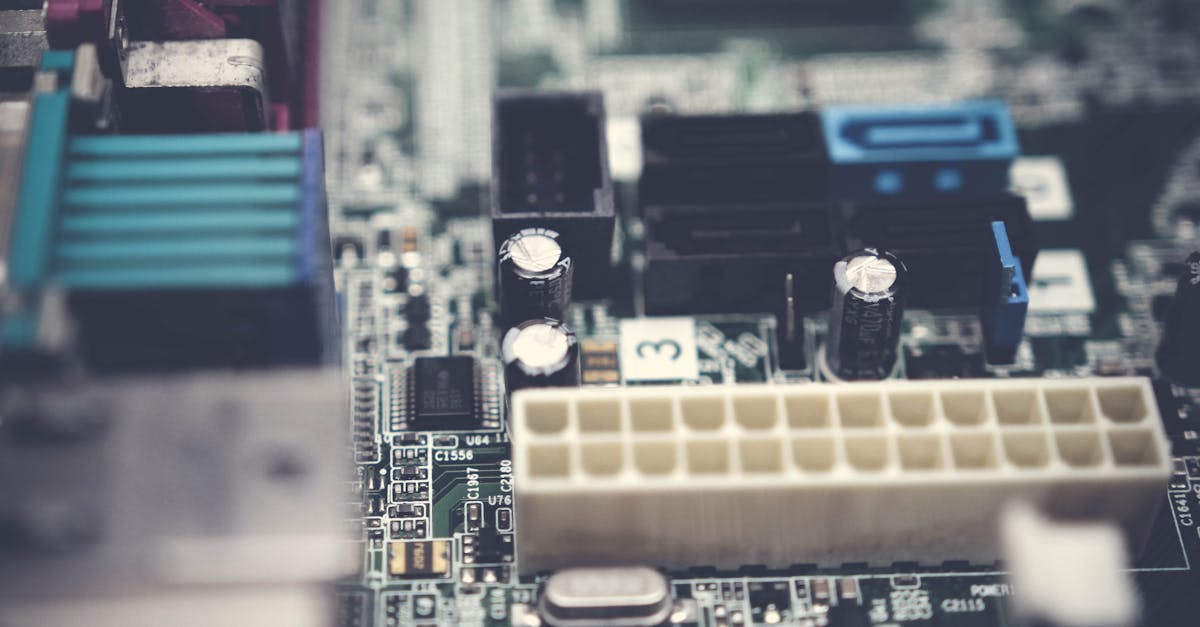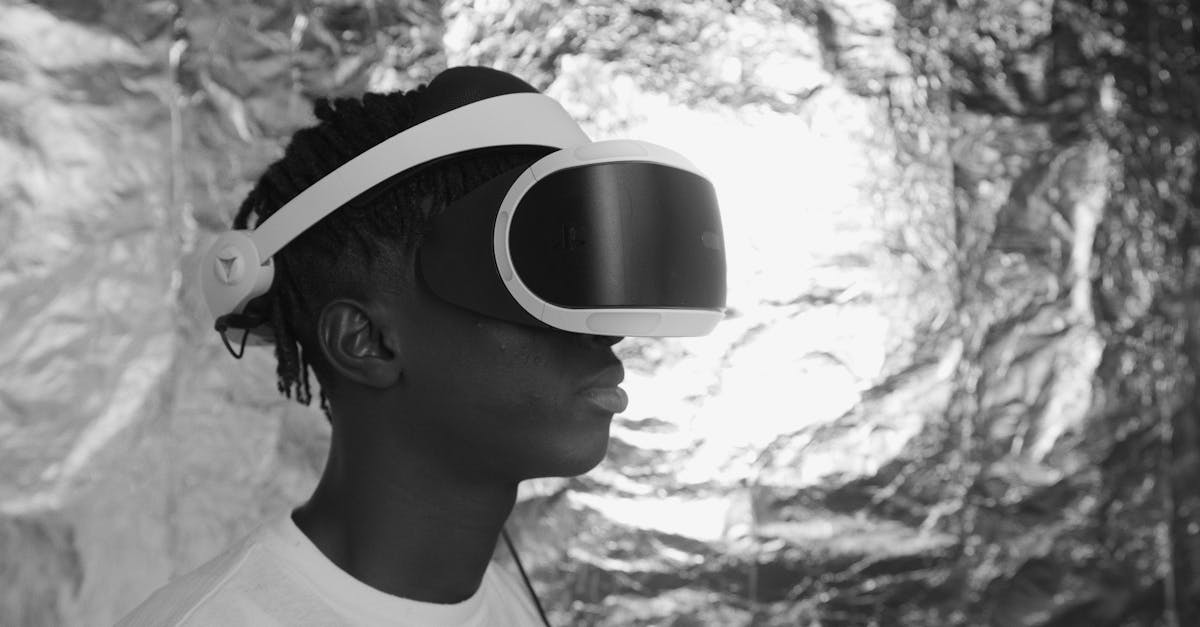Brain Computer Interfaces Enter Mainstream Consumer Market
Introduction
Imagine a world where technology is seamlessly integrated with the human brain, enabling people to interact with devices simply by thinking. This is no longer a futuristic concept, as Brain-Computer Interfaces (BCIs) are making significant strides into the mainstream consumer market. BCIs enable direct communication between the brain and external devices, offering new possibilities for enhancing human capabilities. Once considered a domain solely for medical applications, BCIs are now being developed for everyday consumer use. Companies like Neuralink and Kernel are at the forefront of these advancements, working to revolutionize how we interact with technology. From gaming to enhancing cognitive functions, BCIs have the potential to transform various aspects of daily life.
Advertisement
Understanding Brain-Computer Interfaces
Brain-Computer Interfaces are systems that facilitate a direct connection between the human brain and external devices. This technology detects neural signals and translates them into commands for digital devices, allowing users to control them using their thoughts. Originally developed for assisting individuals with disabilities, BCIs have expanded beyond medical use to appeal to a wider audience. There are two primary forms: invasive BCIs, which require surgical implantation, and non-invasive BCIs that use EEG (electroencephalography) to measure brain activity via sensors placed on the scalp. Each type offers unique benefits and challenges, shaping how they are adopted in consumer markets.

Pok Rie/Pexels
Advertisement
Applications in Gaming and Entertainment
Gaming is poised to be one of the first industries to embrace BCIs for consumer use. Imagine playing video games using only your thoughts instead of controllers or physical movements. This immersive experience offers gamers unparalleled engagement, potentially redefining the gaming landscape. Companies are working on devices that can read players' brainwaves to enhance gaming experiences, creating adaptive environments that respond to emotional states. These advancements aim to enhance user experience by providing richer, more personalized, and interactive gameplay experiences. As developers continue to explore these possibilities, BCIs could be the next big leap in entertainment technology.
Advertisement
Enhancing Cognitive Capabilities
Beyond entertainment, BCIs have the potential to enhance cognitive functions, offering tools for learning and productivity. Devices can be designed to monitor concentration and brain activity to help users stay focused and maintain attention spans for longer periods. Applications designed to facilitate learning by decoding neural patterns can create tailored study plans optimized for individual brain function. Additionally, BCIs could help improve memory retention and assist in language learning by directly interfacing with neural processes. These cognitive enhancements represent just a fraction of BCI capabilities, signaling a shift towards optimized mental performance and personalized education.
Advertisement
Health and Well-being
While initially developed for medical use, BCIs continue to impact health and well-being. They offer new possibilities for managing stress, and mood disorders, and rehabilitating patients after strokes or injuries. BCI-driven wearables can track emotional patterns, alert users to stress onset, and suggest therapeutic exercises. Furthermore, non-invasive BCIs facilitate communication for locked-in patients, providing them with a means to express themselves without physical movement. As BCI technology matures, their integration into health monitoring and enhancement could improve quality of life for individuals suffering from various neurological conditions.
Advertisement
Ethical and Privacy Considerations
As BCIs become mainstream, ethical and privacy concerns arise. Direct brain interface with technology presents questions about data security, user autonomy, and mental privacy. Who owns the mental data collected through BCI devices, and how should it be used? There is an ongoing debate about consent and the potential for misuse of brain data by corporations or hackers. Safeguarding user privacy and ensuring ethical use of BCIs are paramount as they become more commercially available. Stakeholders must implement stringent frameworks to address these concerns, ensuring technology benefits without compromising individual rights.
Advertisement
Barriers to Adoption
Despite the exciting prospects, BCIs face numerous barriers to widespread adoption. Invasive BCIs, requiring surgical procedures, present inherent medical risks and may deter consumers. Non-invasive BCIs, on the other hand, can have limited accuracy compared to their invasive counterparts. There are technical challenges such as increasing signal precision, user comfort, and device integration. Furthermore, pricing remains an obstacle, as many current BCI devices are expensive, limiting accessibility. Overcoming these barriers will be essential for BCIs to become a commonplace technology in the consumer market.
Advertisement
Economic and Industry Impact
The emergence of BCIs in the consumer market holds significant implications for the economy and various industries. As BCI technology evolves, it promises to spur innovations in sectors like healthcare, education, communication, and entertainment. Tech companies investing in BCI research could drive new industries and economic growth, fostering job creation and competitive markets. Traditional industries might need to reevaluate their operations in response to BCI advancements, adapting products and services to meet new consumer expectations and demands. The symbiotic relationship between economic growth and technological innovation marks BCIs as potential catalysts for future industrial revolutions.
Advertisement
The Future of Brain-Computer Interfaces
As research and development continue to progress, the future of BCIs looks promising. The integration of AI with BCIs could yield more efficient devices, providing improved performance and user experiences. Portable and affordable non-invasive BCIs might erode some existing barriers, making them accessible to a broader section of the population. Further collaboration between tech developers, scientists, and regulatory bodies will be crucial to ensuring the safe and efficient evolution of this disruptive technology. With ongoing research and societal shifts, BCIs could become seamlessly woven into everyday life, redefining human-machine interaction.
Advertisement
Conclusion
The entry of Brain-Computer Interfaces into the mainstream consumer market heralds a remarkable transformation in human-technology interaction. From gaming to cognitive enhancement, these interfaces unveil opportunities to surpass traditional limitations. Despite the potential, challenges surrounding ethical considerations and adoption barriers must be navigated cautiously. As industries adapt and innovate, BCIs could foster economic growth and technological progress. Undoubtedly, Brain-Computer Interfaces hold the promise to propel society into a new era where minds and machines effortlessly unite, reshaping experiences across multiple domains.
Advertisement


